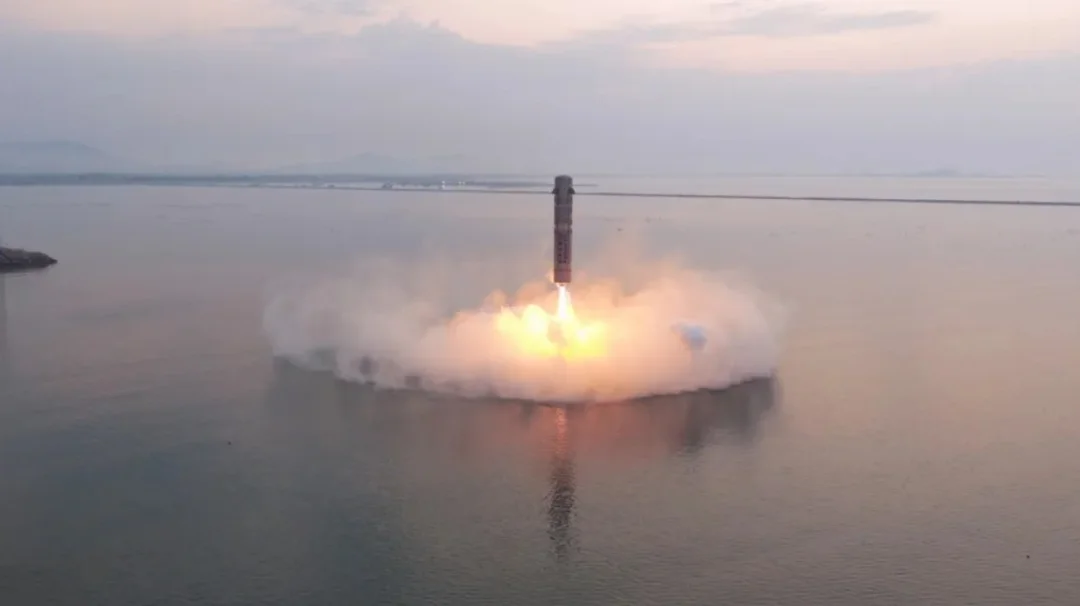
China’s Space Epoch Achieves Reusable Rocket Milestone, Eyes SpaceX Rivalry
China's burgeoning space industry is taking significant strides toward reusability, with private rocket firm Space Epoch (also known as Beijing Jianyuan Technology Co., Ltd.) announcing a successful vertical takeoff and vertical landing (VTVL) test of its Yuanxingzhe-1 (YXZ-1) verification rocket, also known as Hiker-1. This achievement marks a critical step in China's ambition to develop reusable rocket technology and potentially rival SpaceX's Falcon 9.
The test, conducted on May 28, 2025, at the Haiyang spaceport in Shandong province, involved the YXZ-1 lifting off from an elevated steel structure, soaring to an altitude of approximately 2.5 kilometers, and then performing a controlled descent and soft splashdown in the Yellow Sea. This 125-second flight showcased several key phases, including ignition, liftoff, full-thrust ascent, variable thrust adjustment, engine shutdown, free descent, engine reignition, deceleration, hovering, and finally, the soft splashdown. Sepoch declared the test a "complete success."

The YXZ-1 test article utilized thin-walled stainless steel and measured 4.2 meters in diameter and 26.8 meters in height, with a takeoff mass of approximately 57 tons. It was powered by Longyun methane-liquid oxygen engines provided by Jiuzhou Yunjian (JZYJ). The use of liquid methane-fueled stainless steel construction is especially noteworthy, positioning them as the first in China to achieve this milestone.
This achievement is more than just a successful test flight. It demonstrates Space Epoch's mastery of Vertical Takeoff and Vertical Landing (VTVL), a crucial technology for reusable rockets. VTVL, as utilized by SpaceX's Falcon 9 and Starship, allows for rocket retrieval and reuse, drastically reducing costs and expanding the accessibility of space travel. While SpaceX achieved its first successful landing nearly a decade ago, China is rapidly catching up.
Space Epoch isn't the only Chinese company striving for reusable rocket technology. LandSpace completed a 10-km VTVL test last year, marking China's first in-flight engine reignition in descent. LandSpace, along with other firms like Space Pioneer, iSpace and Galactic Energy, all aim for maiden flights of their respective reusable rockets later this year.

The potential applications of reusable rockets are vast, ranging from space tourism and infrastructure development to exploration. Hiker-1 is designed to carry up to 10,000 kilograms of payload to low Earth orbit, and Space Epoch has partnered with companies like Shifang Xinglian and Alibaba's Taobao to explore satellite constellation building and rocket-based express delivery, respectively.
Will China be able to truly rival SpaceX in the reusable rocket realm? The success of Space Epoch's recent test is a strong indicator of progress, and the space race is heating up. Leave your thoughts and predictions in the comments below.